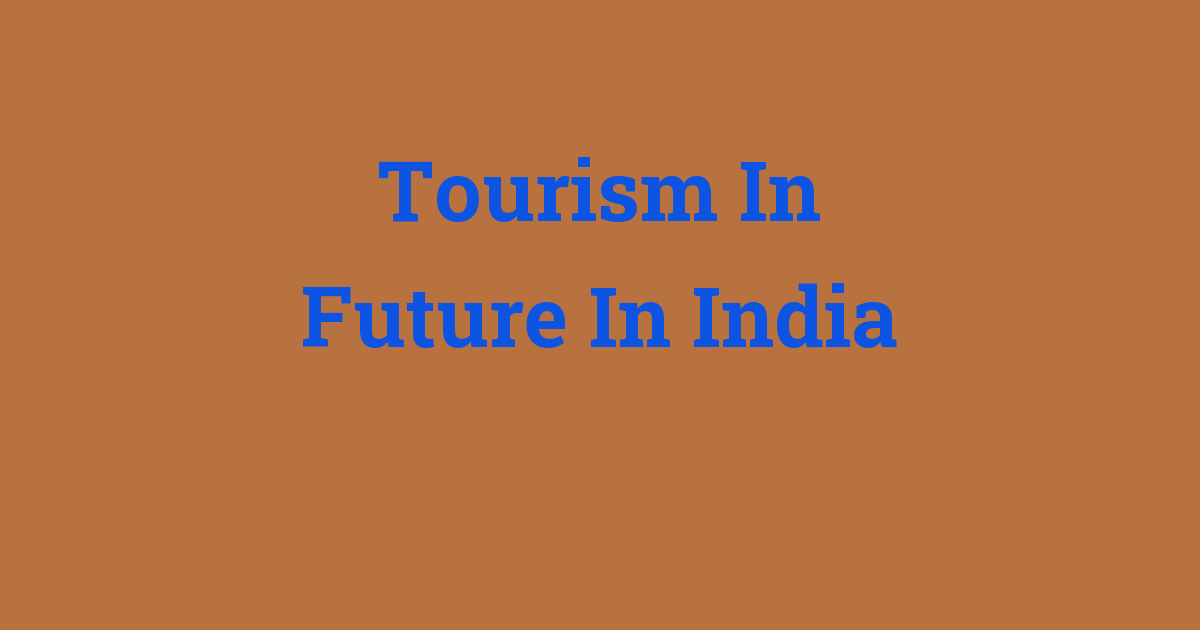Tourism in India will continue to evolve in the future.
Introduction
Tourism is one of the fastest-growing industries in India, contributing significantly to the country’s economy. With its rich cultural heritage, historical landmarks, and diverse landscapes, India has become a popular destination for international travelers. However, the tourism sector in India faces numerous challenges, including infrastructure bottlenecks, inadequate facilities, and environmental degradation. In this project, we will explore the future of tourism in India and propose a new system to address these issues.
Problem Statement
The existing tourism system in India is plagued by inefficiencies and shortcomings that hinder its growth potential. Poor infrastructure, substandard facilities, and environmental degradation are major concerns that need to be addressed. Additionally, the lack of digitization and modernization in the tourism sector hinders its competitiveness on the global stage. There is an urgent need for a comprehensive overhaul of the existing system to ensure sustainable growth and development of the tourism industry in India.
Existing System
The current tourism system in India relies heavily on traditional methods of promotion and marketing, with limited use of technology and digital platforms. This not only limits the reach and visibility of Indian tourism but also creates barriers for travelers looking to explore the country. Inadequate infrastructure, such as roads, transportation, and accommodation, further exacerbates the challenges faced by tourists in India. Environmental degradation, due to unchecked tourism activities, poses a serious threat to the sustainability of tourism in the long run.
Disadvantages
– Poor infrastructure: Inadequate roads, transportation, and accommodation facilities hinder the growth of tourism in India.
– Environmental degradation: Unregulated tourism activities contribute to environmental pollution and degradation.
– Lack of digitization: The absence of modern technology and digital platforms limits the reach and visibility of Indian tourism on a global scale.
– Limited marketing: Traditional methods of promotion and marketing fail to attract a diverse range of travelers to India.
Proposed System
To overcome the challenges facing the tourism sector in India, we propose a new system that focuses on modernization, sustainability, and inclusivity. Our proposed system includes the following key features:
Advantages
– Improved infrastructure: Upgrading roads, transportation, and accommodation facilities to enhance the overall travel experience for tourists.
– Sustainable practices: Implementing eco-friendly measures to mitigate the impact of tourism activities on the environment.
– Digital transformation: Leveraging technology and digital platforms to promote Indian tourism globally and attract a wider audience.
– Inclusive marketing: Targeting diverse segments of travelers through innovative marketing strategies and campaigns.
Features
Our proposed system includes the following features to enhance the tourism experience in India:
– Online booking platforms for seamless travel planning and reservations.
– Real-time information on tourist attractions, transportation options, and accommodation facilities.
– Sustainable tourism initiatives to promote responsible travel and conservation efforts.
– Integration of digital payments and e-commerce solutions for convenient transactions and payments.
Conclusion
In conclusion, the future of tourism in India holds immense potential for growth and development, provided that key challenges are addressed effectively. By implementing our proposed system, which focuses on modernization, sustainability, and inclusivity, we can transform the tourism sector in India and position the country as a premier destination for travelers around the world. It is imperative that the government, industry stakeholders, and the community work together to create a vibrant and sustainable tourism ecosystem in India. Only through concerted efforts and innovative solutions can we unlock the full potential of Indian tourism and showcase the country’s rich heritage and diverse landscapes to the global audience.

